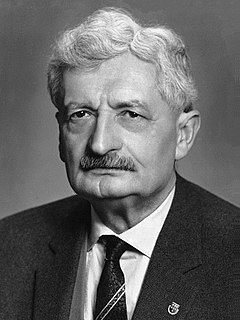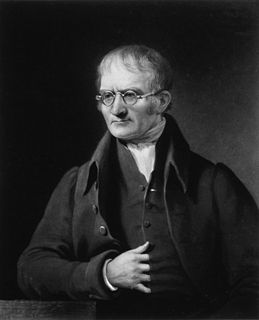A Quote by Neil deGrasse Tyson
Let's find a new way to think about the entire taxonomy of solar system objects, and not clutch to this concept of 'planet,' which, of course, only ever meant, 'Do you move against the background stars, regardless of what you're made of?'
Related Quotes
Kid says to me, "You play baseball? What position? Left out?" and gets a big laugh from the rest of the class. Kid is only one person out of 6.792 billion humans on this planet. This planet is only one-eighth of the solar system, whose sun is one of two billion stars in the Milky Way galaxy. Put it that way, the comment loses it's importance.
I used to be a strong believer that we would eventually colonize the solar system the way it's been done in science fiction many, many times: bases on the moon, Mars colonized, move out to the outer planets, then we go to the next solar system and build a colony there. I don't know now - I'm not as convinced that's the way it's going to pan out.
Living is already having been born, in a condition we have not chosen, a situation in which we find ourselves, a quarter of the universe in which we may feel we have been thrown and are wandering, lost. And yet it is against this background that we can begin, that is to say, give a new course to things.
No one, it has been said, will ever look at the Moon in the same way again. More significantly can one say that no one will ever look at the earth in the same way. Man had to free himself from earth to perceive both its diminutive place in a solar system and its inestimable value as a life -fostering planet. As earthmen, we may have taken another step into adulthood. We can see our planet earth with detachment, with tenderness, with some shame and pity, but at last also with love.
If our solar system is not unusual, then there are so many planets in the universe that, for example, they outnumber the sum of all sounds and words ever uttered by every human who has ever lived. To declare that Earth must be the only planet with life in the universe would be inexcusably bigheaded of us.
Were the succession of stars endless, then the background of the sky would present us an uniform luminosity, like that displayed by the Galaxy-since there could be absolutely no point, in all that background, at which would not exist a star. The only mode, therefore, in which, under such a state of affairs, we could comprehend the voids which our telescopes find in innumerable directions, would be by supposing the distance of the invisible background so immense that no ray from it has yet been able to reach us at all.
The future is about wings and wheels and new forms of space transportation, along with our deep-space ambition to set foot on another world in our solar system: Mars. I firmly believe we will establish permanence on that planet. And in reaching for that goal, we can cultivate commercial development of the moon, the asteroid belt, the Red Planet itself and beyond.


































